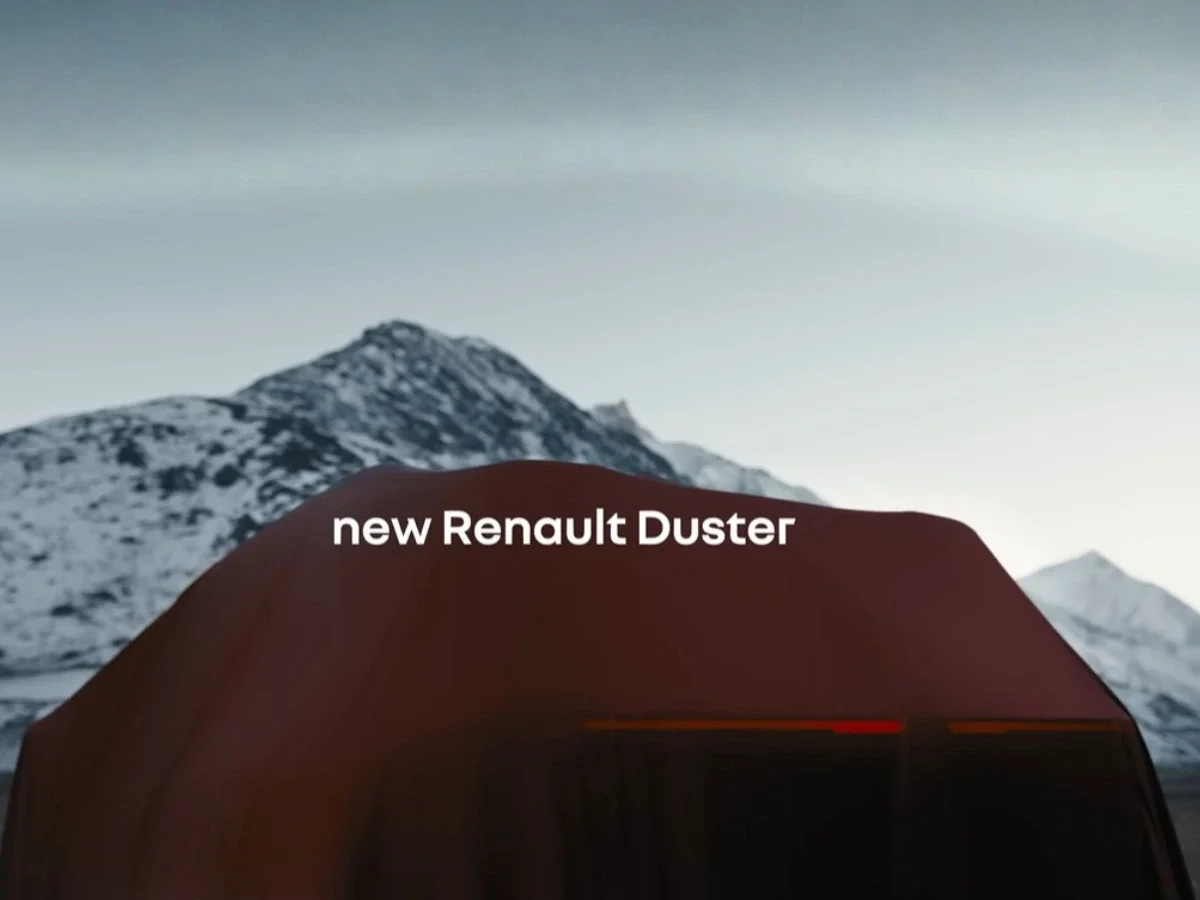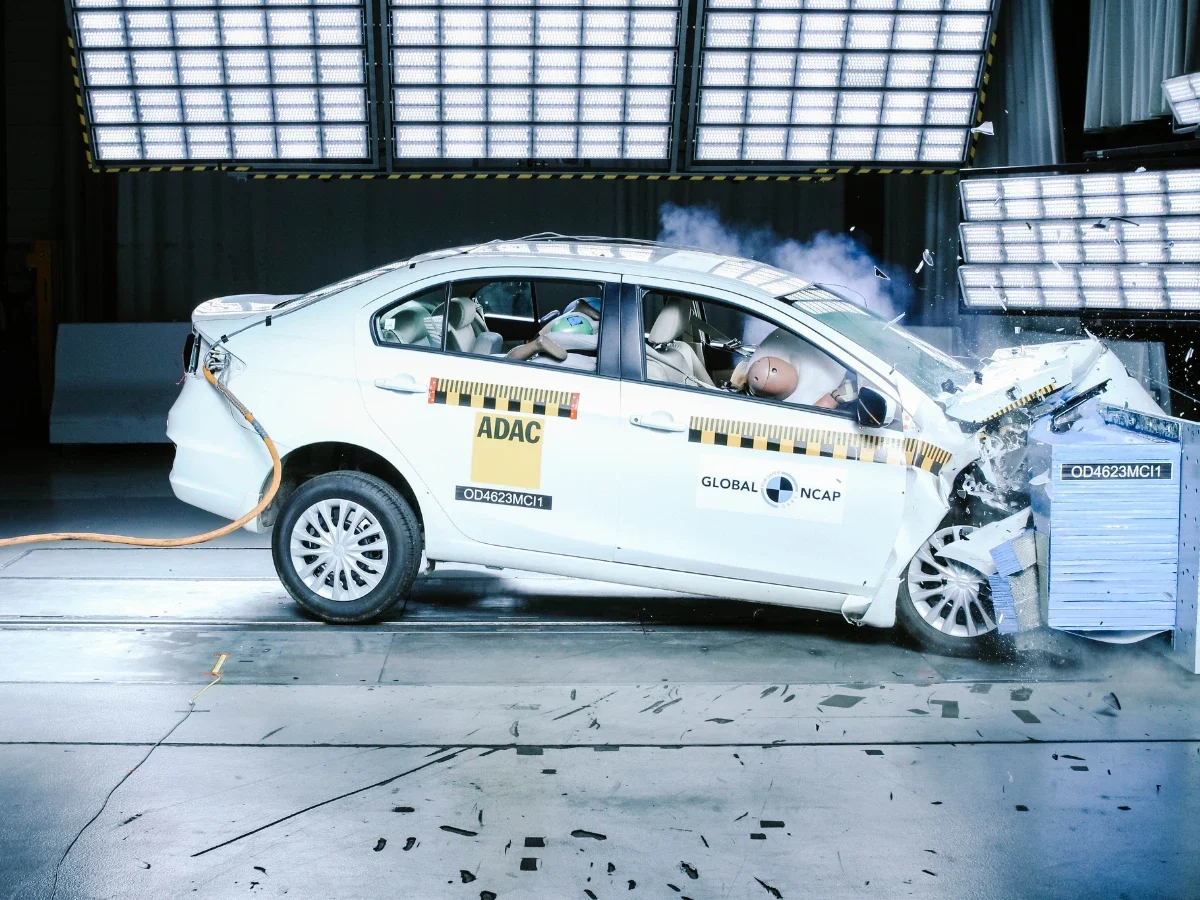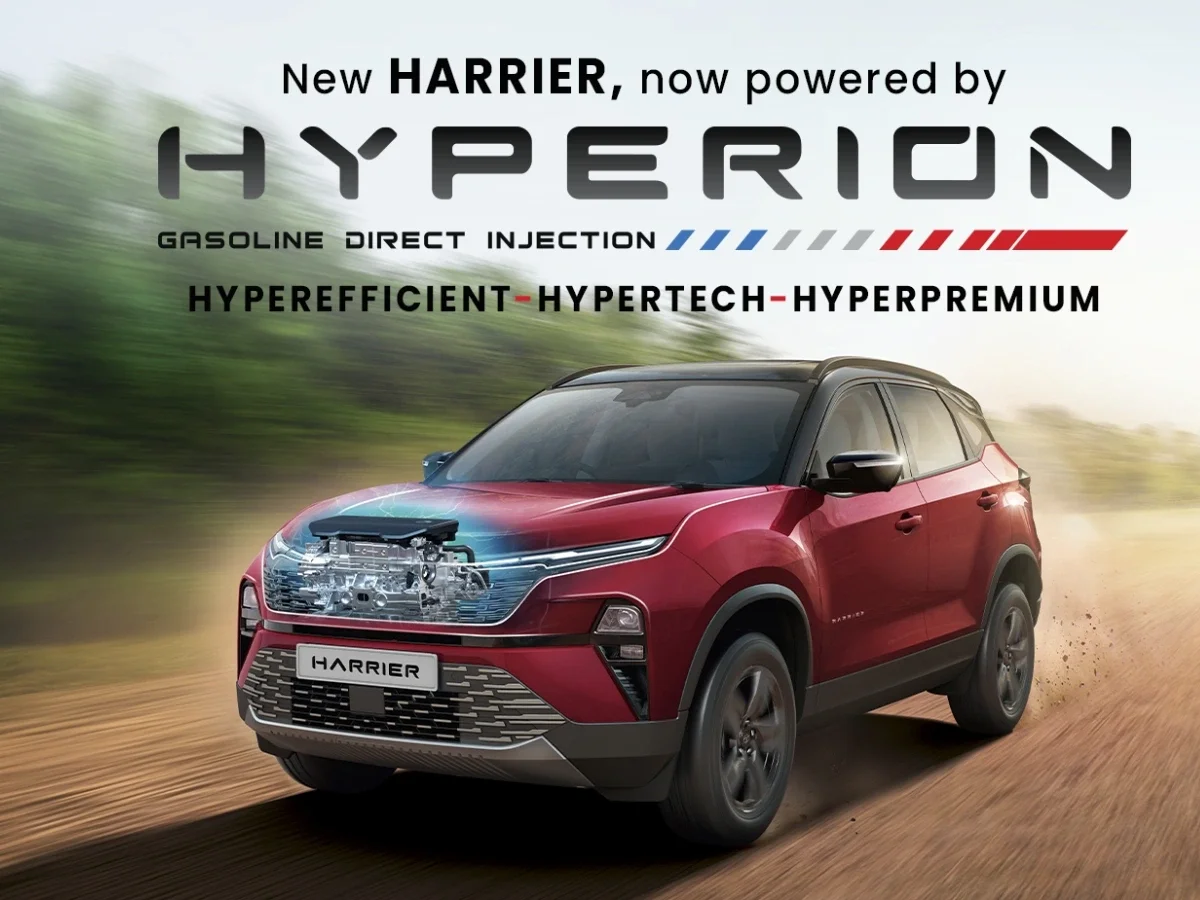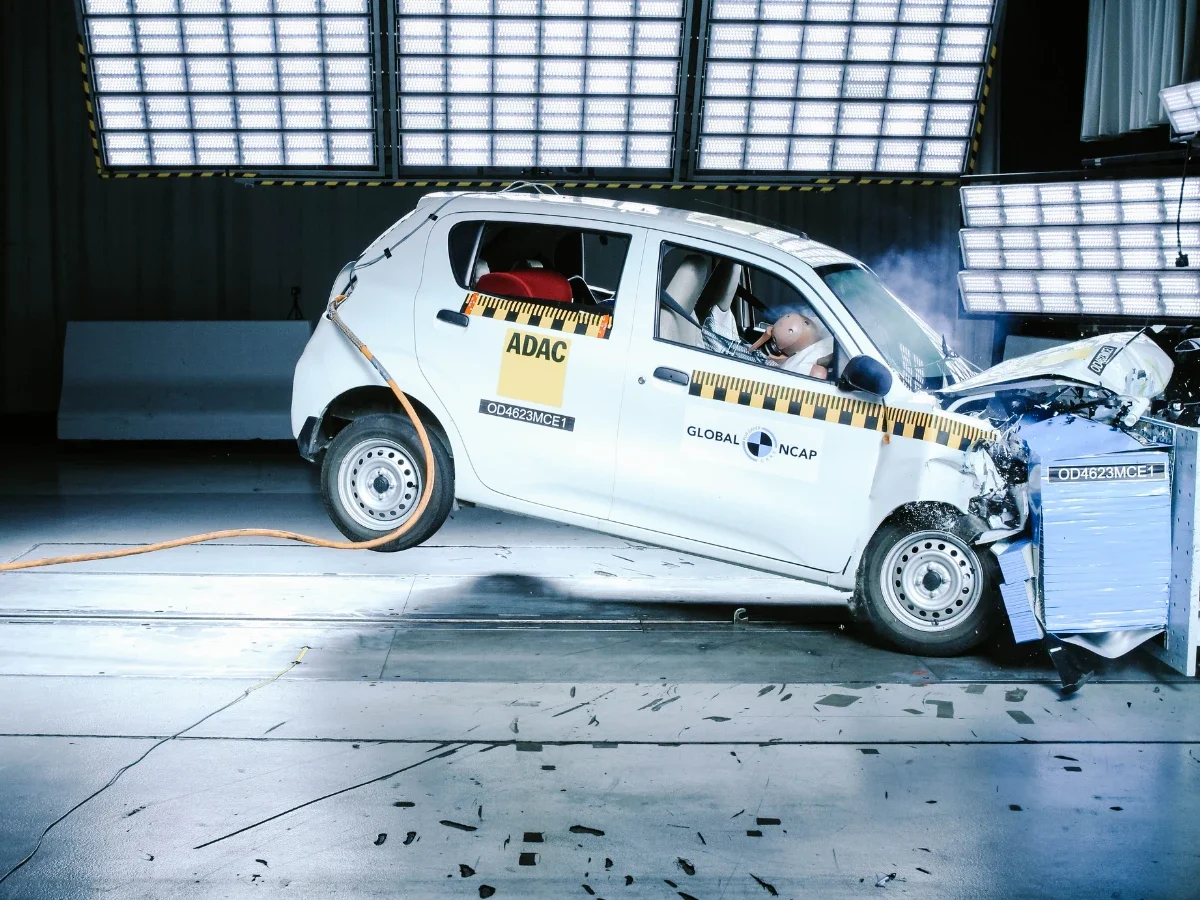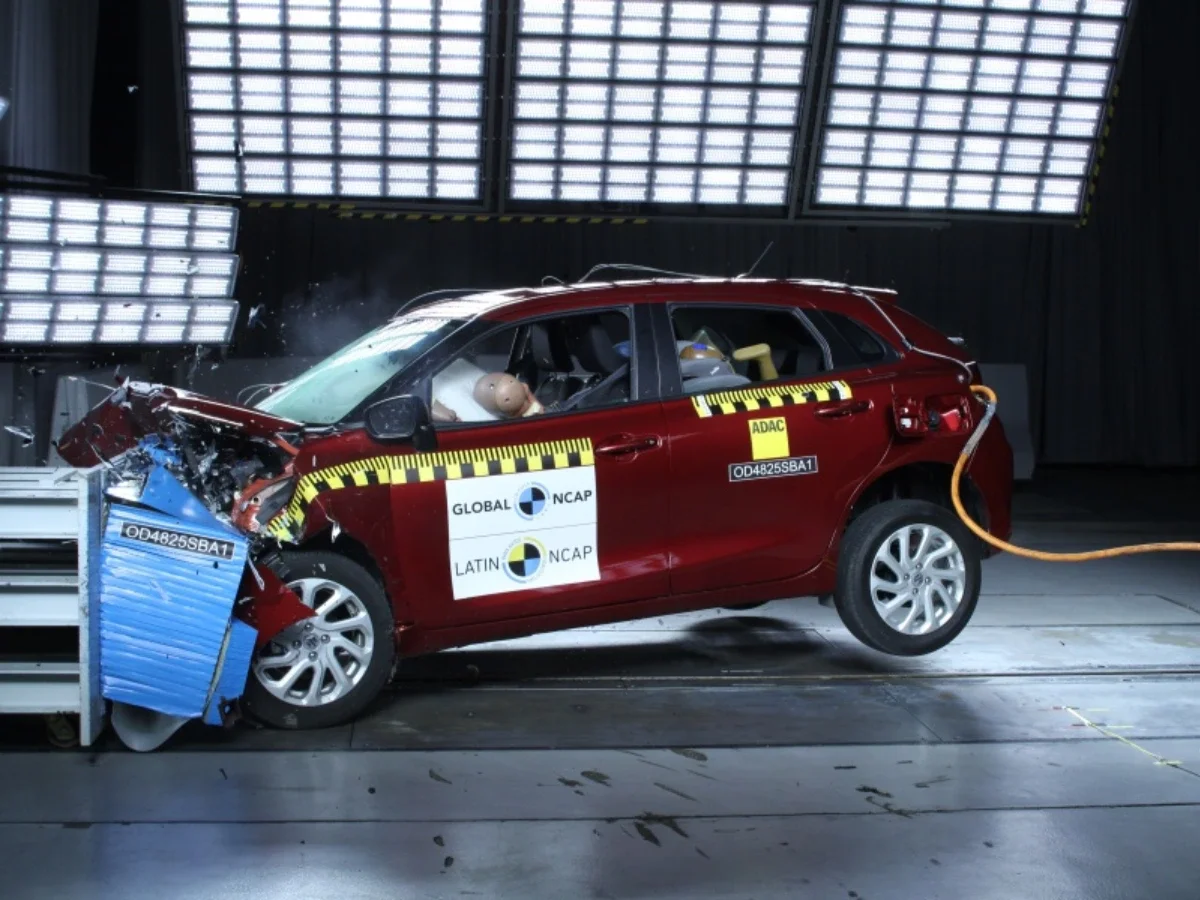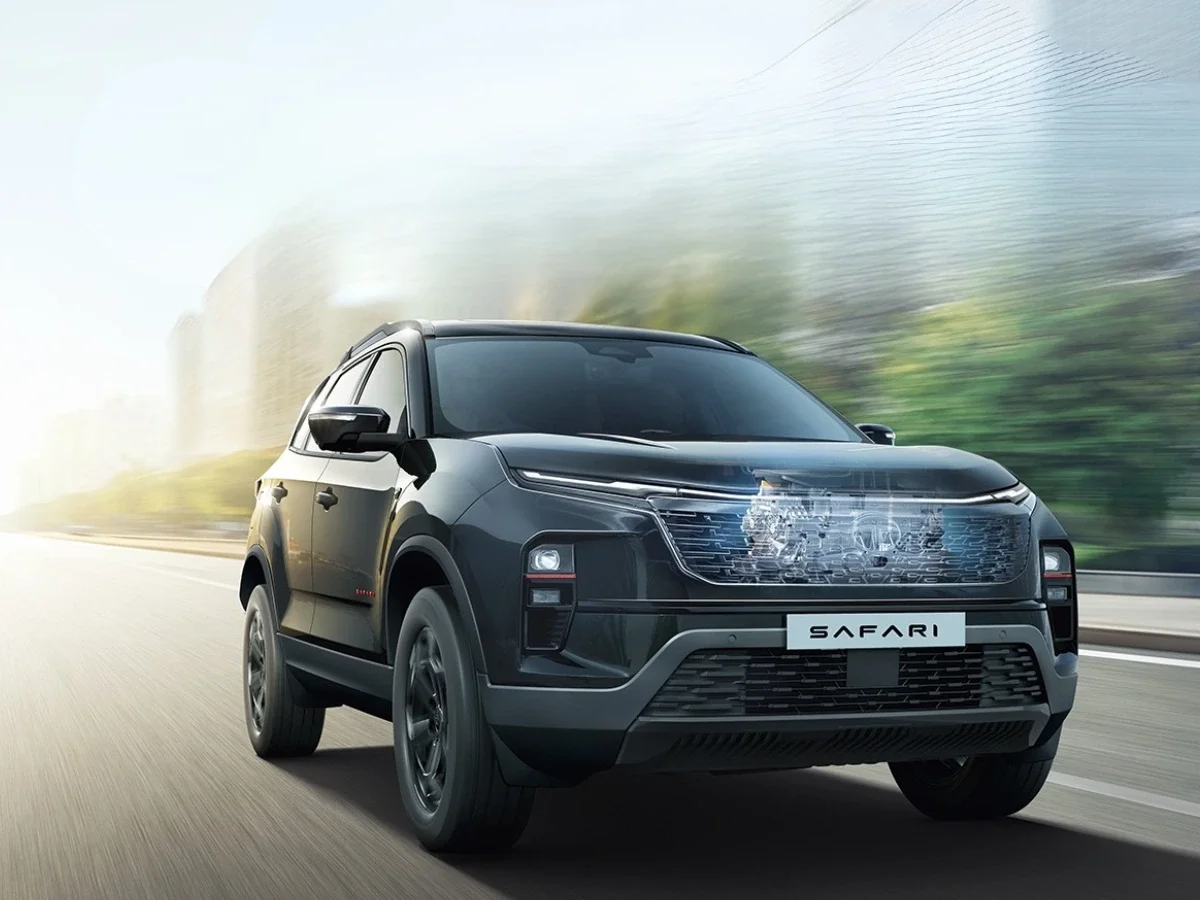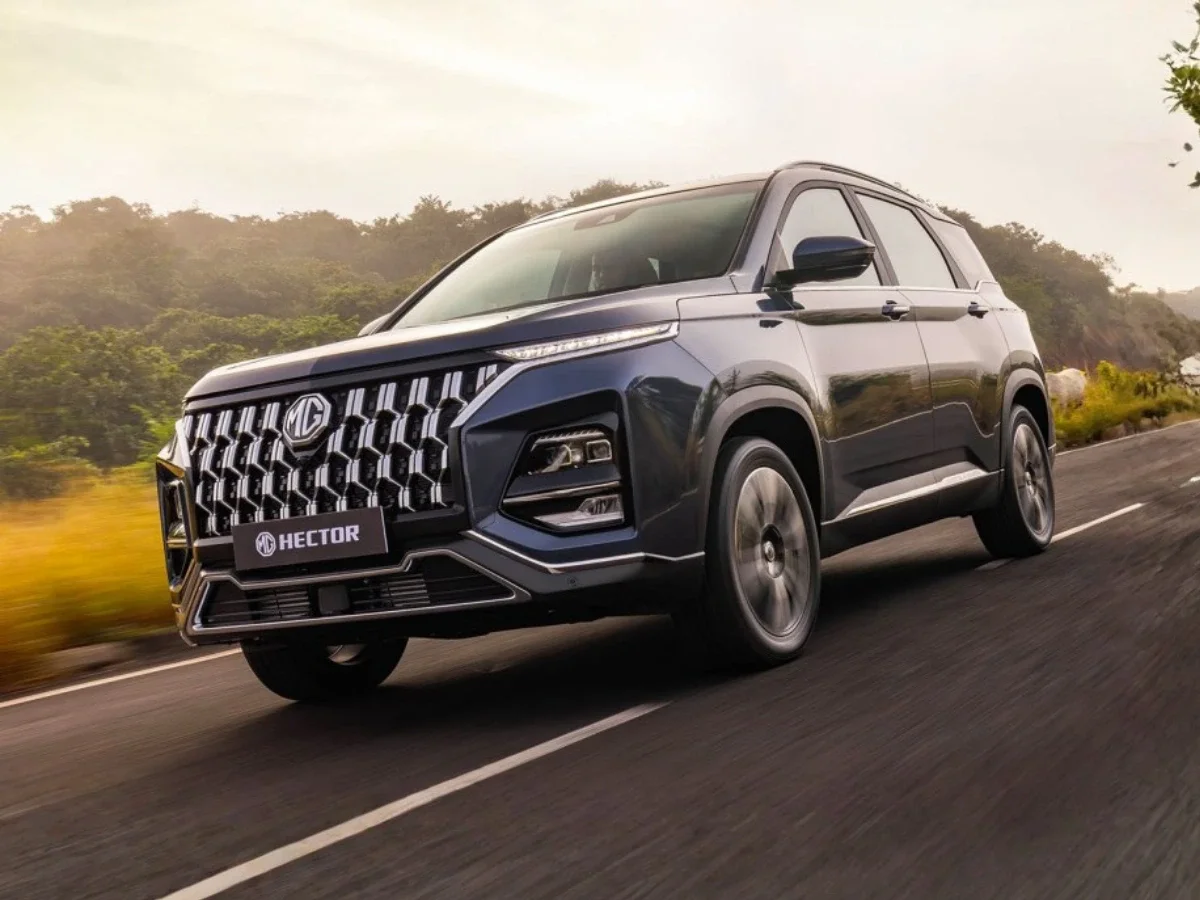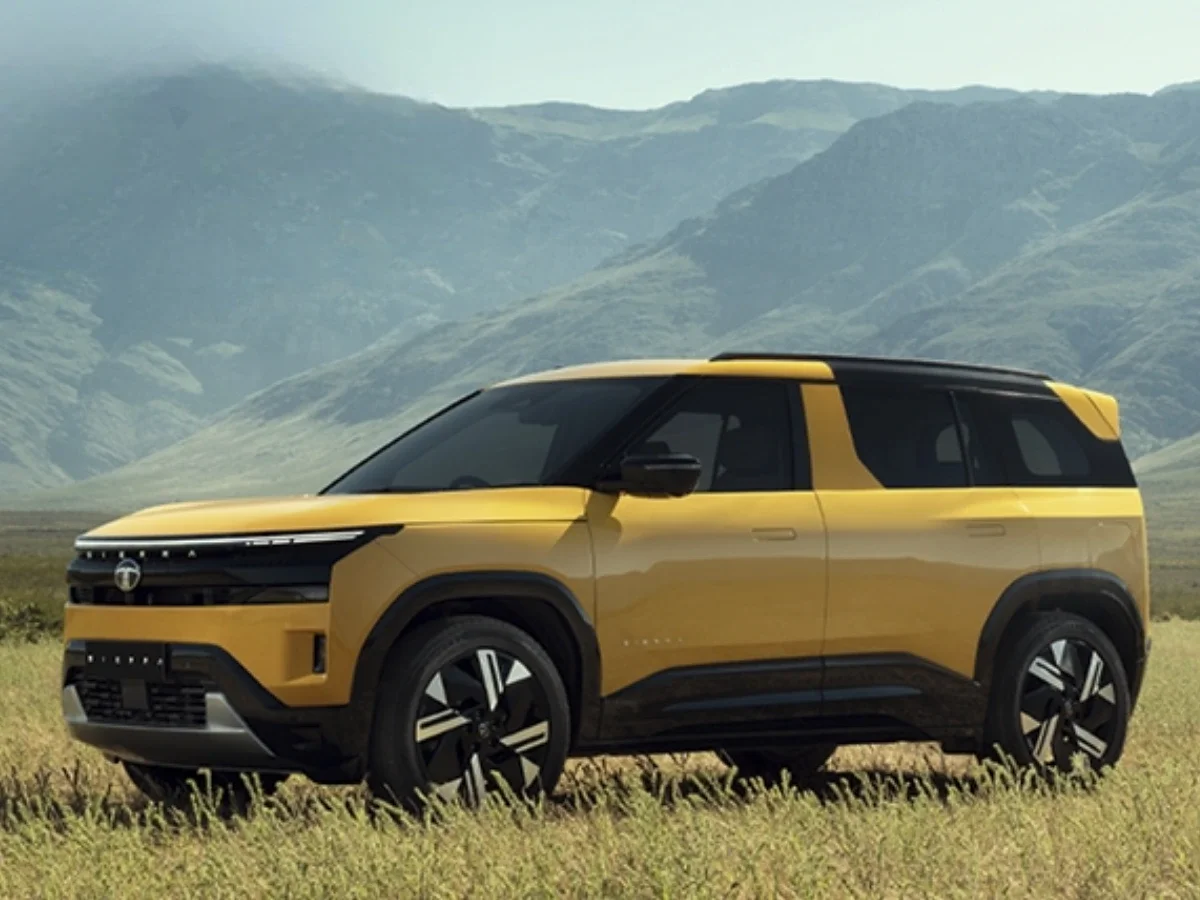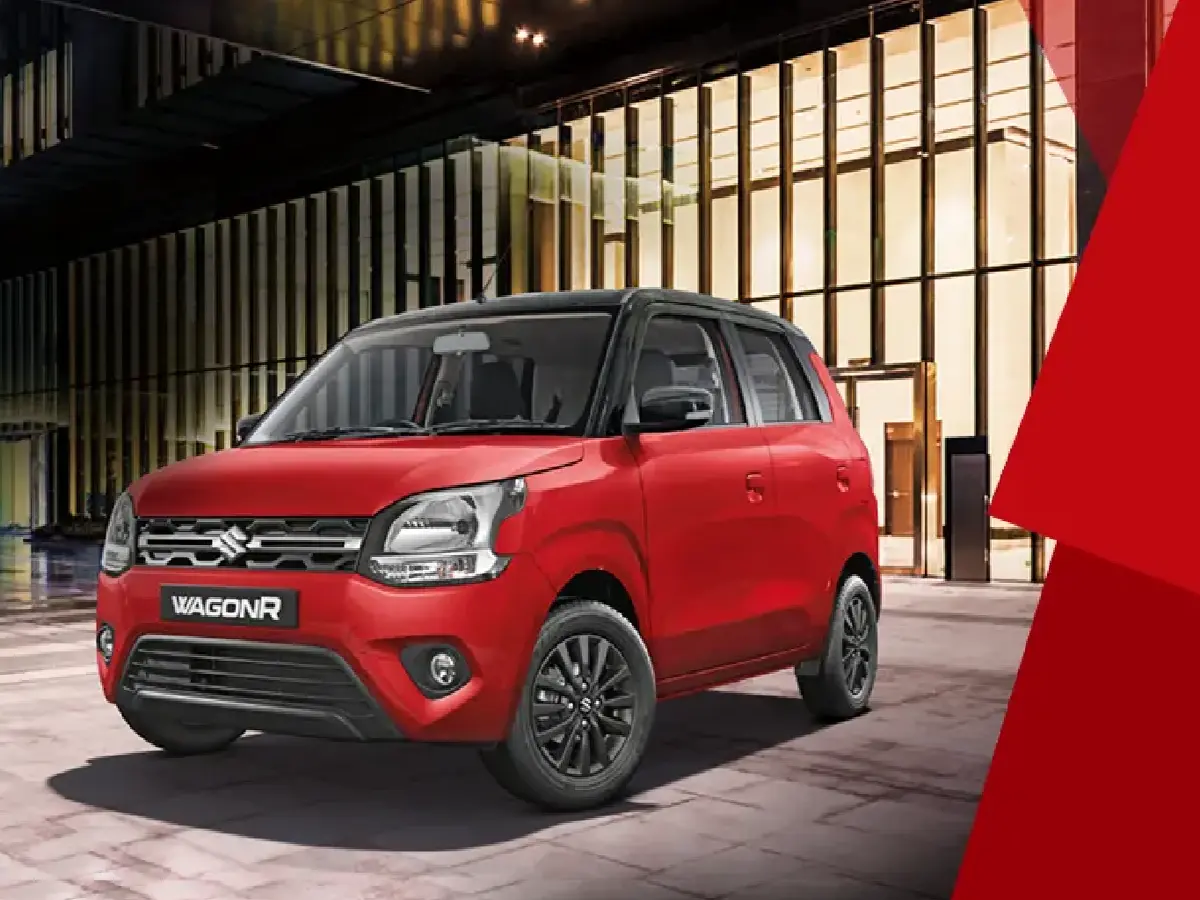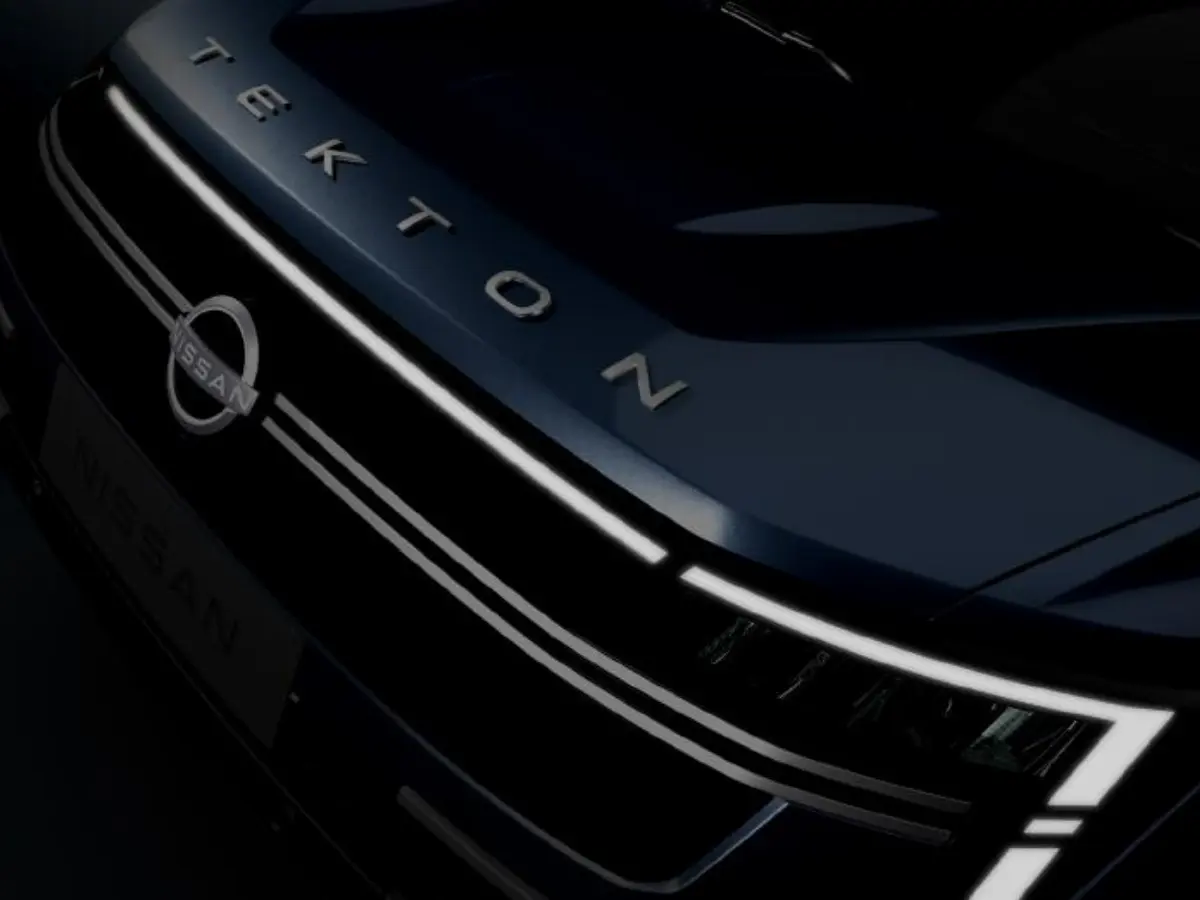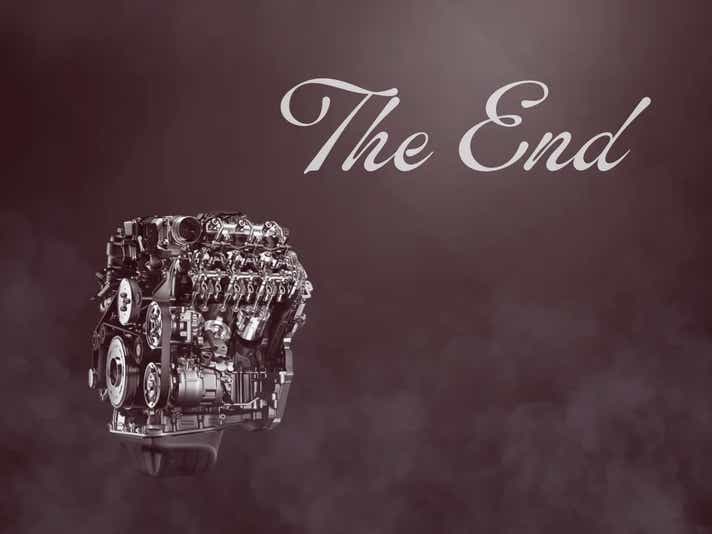

Is it the end of the diesel era?
- Why are diesels in danger?
- Petrol vs diesel – A debate that goes on forever!
- It’s not as rosy as it might sound
- The price dilemma
- Choice
- How are manufacturers thinking about them?
- Should YOU worry?
- Who can’t afford a diesel ban anytime soon?
- Time ∝ Progress
- Saving the diesel engine
- Is there a perfect fuel?
- P.S.: Are we focusing on the correct area?
The human mind always gets enticed by superlatives. Who wants to read about the second-tallest building in the world? It’s always about the best, the creme de la creme, isn’t it? Well, diesel engines are in just that league. They offer the best of torque, the best of fuel efficiency, and the best of, we know what you’re thinking about, driving pleasure and feel. That too, at a price that doesn’t electrocute a hole in the average person’s pocket. But, they’re disappearing quickly. Are you worried about the future of diesel vehicles in India, or just intrigued by their rapid disappearance and the recent diesel ban in India news? You might have just landed at the right place.
Why are diesels in danger?
What is this fuss all about? Who’s threatening the diesel engine? Well, the answer’s not that simple. But, it’s mainly the government. (Thanks to you too, Volkswagen!). Governments around the world are strengthening their emission norms day by day, and OEMs are investing more on electric, hybrid and alternate fuel powertrains. This is leading to the diesel engine being gradually phased out. By the time you finish reading this article, there might have been a perfectly-well functioning diesel car that was just scrapped by a certain government in India.
I have something else to propose as well. Have you heard about the concept of planned obsolescence? It refers to the approach that companies take while designing and manufacturing a product in a way that it gets obsolete with time. Basically, things aren’t built to last. What’s this got to do with the diesel engine? Well, cars with diesel engines run lakhs of kilometres without breaking a sweat. Diesel engines are reliable, work just fine in extreme conditions, and are more robust than their counterparts. You can make out the rest of it.
Petrol vs diesel – A debate that goes on forever!

The debate on whether petrol is a better (read cleaner) fuel than diesel is one that’s been going on for long. Just to make it easier for you to understand, here are a few points. We won't discuss numerals here but will talk about variables and comparisons. Petrol and diesel engines have very contrasting mannerisms and behaviour. Petrol engines are lighter and can rev to higher RPMs than diesel engines, thus putting out more power. This makes them better suited for performance-oriented machines. Diesel engines are masters of torque, thanks to the typically longer piston travel. On the other hand, they can’t really manage to reach high RPMs (another reason why they last much longer than petrol engines). Diesels are more fuel-efficient than their counterparts.
Diesel as a fuel is more energy dense than petrol, which means that one litre of diesel shall release more energy on combustion than what one litre of petrol would. On burning, petrol emits more hydrocarbons and more greenhouse gases such as Carbon monoxide (CO), while diesel emits more fine particulate matter and Nitrous oxides (NOx). Both these fuels are said to have a comparable calorific value, so the temperature pollution should more or less be similar.
It’s not as rosy as it might sound
Diesel engines aren’t as rosy as they might seem. You may think otherwise after reading those paragraphs above, but there’s more to the story. Diesel as a fuel is less refined than petrol and generates more pollutants. As you must have already read, the combustion of diesel releases significantly more particulate matter and NOx. Coming from a place like Delhi, I can guarantee you that the problem of ever-worsening air quality is no joke. Even if we put aside the environmental consequences for a second, diesels won’t make financial sense either if you don’t put in the kilometres and rather use them occasionally.
Check This Out: 2024 Hyundai Alcazar facelift – Why it sticks to a smaller diesel engine
The price dilemma
The difference in price between a diesel variant and a comparable petrol variant of the same car is, at present, much greater than what it was a decade ago. Let’s take the Hyundai Creta for reference. The price of the first generation Hyundai Creta’s 1.6-litre petrol base variant back in 2015 was around Rs 8.60 lakh while that of the 1.4-litre diesel base variant was around Rs 9.45 lakh. This translates to a difference of Rs 85,000. Flash-forward to the year 2024, prices of the Hyundai Creta start from Rs 10.99 lakh for the base 1.5-litre petrol variant and Rs 12.55 lakh for the 1.5-litre diesel variant, which translates to a price difference of Rs 1.5 lakh approximately.

The gap between petrol and diesel-powered cars has widened by roughly 80% within a decade. This again has multiple causes to it, the primary one being the inclusion of additional components like diesel exhaust fluids and particulate filters for diesel engines due to stricter emission norms and government policies discouraging the sale of diesel-powered passenger vehicles. On the other hand, the gap between fuel prices has narrowed. Diesel was about 20-25% cheaper than petrol back in 2015 while today, diesel is just around 10% cheaper than petrol.
Choice
There was a time when diesel engines were offered across segments, from budget hatchbacks to big premium SUVs. This was prevalent, especially after the diesel boom in the early 2000s and 2010s. Even cars like the Maruti Suzuki Swift, Chevrolet Beat, and Hyundai Grand i10 came with diesel powertrains. The diesel engine started disappearing from mass-market cars in the late 2010s due to stricter norms, narrowing of the petrol-diesel price gap, and diminishing viability in small cars due to increased costs. Today, the Tata Altroz might be the only mass-market hatchback in India that gets a diesel option. Well, there are some more too, but we apparently call them SUVs today, and they cost above Rs 10 lakh.
On the contrary, there are many more fuel options in the market today — hybrid, CNG, and electricity — that have gained popularity in recent times. CNG, once seen only on small cars, is now being offered as a factory-fitted option even on 7-seater cars such as the Maruti Suzuki Ertiga and compact SUVs like the Grand Vitara. The technology around CNG has progressed to a point where it has become a more flexible and safer choice of fuel than it was 10-15 years ago when cases of blasts and mishaps weren’t uncommon. You can even get a CNG car with an automated manual transmission today, and there’s also the Tata Nexon iCNG on sale, which is India’s first CNG car to feature a turbocharged petrol engine. On a side note, Mahindra had already beaten Tata to it in the commercial vehicle segment though, with the Veero.

CNG cars do miss out on providing drivers the spirited driving experience. But then there are hybrids, both plug-ins as well as self-charging hybrids, that are becoming a common sight, slowly but steadily. Cars such as the Maruti Suzuki Grand Vitara a.k.a. Toyota Urban Cruiser Hyryder, and the people’s favourite Honda City now get a strong hybrid powertrain option. The hybrid engine is a double-edged sword, boasting high fuel efficiency as well as enough power on demand. So, do you really need a diesel-powered car today?
Also Read: Kia EV6 Owners Might Be At A Risk Of Getting Stranded - Recall Issued
How are manufacturers thinking about them?
OEMs at large don’t seem to be very enthusiastic about continuing to develop technology around diesel engines. Government regulation does make a strong contributing factor to this behaviour. All this is reflected in the way OEMs in India are planning their products. Major players like Honda and Maruti Suzuki have parted ways with diesel engines altogether. The said companies only have petrol and hybrid cars in their portfolio in India today. But, there are a handful of OEMs still working on diesel technology as of present times.

Two key examples of such companies, especially relevant to the Indian context, are Tata Motors and Mahindra Auto. Tata recently came out with an updated diesel engine dubbed the Kryojet that does duty on the new Tata Curvv coupe SUV. The Kryojet engine makes use of Selective Catalytic Reduction technology to reduce the tailpipe emissions of NOx. Mahindra sells more diesel SUVs today than petrol ones, as per multiple reports. Even Kia, a relatively new entrant, offers diesel as an option on its most popular models in India, the Sonet and the Seltos. Not to forget Hyundai, who has been offering the option for a diesel engine to its customers for a wide range of cars. To sum it up, automakers are likely to keep working on diesel technology till the time there is demand in the market, and of course, the government allows the sale of such vehicles. People who love diesels are still buying them despite all the hurdles, and will most likely continue to do so until they…can’t.
Should YOU worry?
You need to worry about things that are in your control and let go of those that aren’t. If you can do something about it – Act. If you can’t – Stop worrying. In this case, it depends on what you really want. Do you want diesel vehicles to stay due to their undeniable pros, or are you convinced by the fact that diesel is just a villain and it needs to go away for good? On to the hard truth, quoting Shumi here, ”You are being marketed to, and the real world picture might be slightly different than what the marketing says. Pay attention to it. Make the best decision you can. And don’t worry too much, it’s not in your control in either case.”
While diesel engines might disappear from passenger cars in a few years’ time, there are still a couple more sectors that use diesel engines, and they aren’t letting go of it anytime soon. Also, they are not talked about much by the media and as a result, what’s written down in the following lines often goes unnoticed.
Check This Out: No sub-4 metre SUV coming from Volkswagen anytime soon?
Who can’t afford a diesel ban anytime soon?
Diesel doesn't just power our cars but is extensively used as a fuel for commercial and military purposes. Heavy trucks rely on the massive torque produced by diesel engines and so do heavy military vehicles. There is no sensible alternative as of now that can replace diesel engines for these traits, neither can the industries or the governments afford to reduce their usage here.

It is a well-known fact that there is only a limited amount of crude oil under exploration. Compromise has to be made somewhere or the other. What’s the most convenient thing to do in that case? Stop putting diesel engines on passenger cars. Who’s at loss at the end of this whole thing? The people. Ah, that’s not very surprising, is it?
So, the diesel engine isn’t going anywhere anytime soon. But diesel-powered passenger cars — we’re not very sure about that…
Time ∝ Progress
As time progresses, constant research and development results in technological advancements, thus making machines and technologies more efficient. We have been using diesel as a fuel to power our vehicles for decades now, and diesel engines today are cleaner than they ever were. The fact that they produce more NOx and particulate matter is undeniable. But today, there is technology in place that traps these pollutants rather than releasing them into the air. We have advanced catalytic convertors, particulate filters, and diesel exhaust fluids that help control the pollutants generated by combustion of diesel.

While using electricity as a fuel is not new, using it as a mass-market vehicular fuel is. The technology is fairly new and it will take billions of dollars in research and development to make it more efficient, make the battery packs lighter, reduce charging time, and make EVs an overall desirable tool for commuting. And how can we miss out on the affordability quotient? Electric cars need to be driven a lot in order to make up for the delta in the price paid at the time of acquisition.
While we are not even near the verge of making diesels environment-friendly, we have come a long way in that journey. Suddenly doing away with diesel and forcing a new fuel on the public would make all that effort go in vain. Not to forget the cost of infrastructure development, mass education and awareness that has to occur to make a new concept reach the masses. There is still a lot of debate on how raw materials for the batteries are extracted, particularly lithium. Disposal is a whole different topic. Making diesel suddenly disappear and switching to electrics would put us back at square one, if not in whole measure then at least to a great extent.
Also Read: Toyota Vellfire waiting period – What makes this expensive Toyota MPV such a hit?
Saving the diesel engine
This isn’t just coming from an emotional standpoint. There are certain benefits of diesels that are foolish to pass on and just switch away to comparatively impractical fuel choices. We have already discussed some of those above. As we speak of this, the European Automobile Manufacturers’ Association is lobbying against the upcoming Euro 7 emission standards that they assertively believe are too stringent to be realistically implemented in such a short time duration. Reports also suggest that the Euro 7 proposal by the European Commission will actually slow down decarbonisation in Europe and the cost-to-benefit analysis won’t make much sense, adding to the fact that there wouldn’t likely be a significant benefit to the environment too.
I am not against the idea of exploring and bringing in alternative fuels such as electricity, hydrogen, or anything for that matter. The future of mobility does not lie in one perfect fuel, but in the co-existence of multiple fuel options. Moreover, consumers should not be robbed of their Right to Choose what’s best for them.

Is upgrading to new vehicles the only resort? Or can the existing engines be fitted with mechanisms to control pollution? I would advise you to take things with a pinch of salt, be it the claims made by manufacturers, reports by the government, and even the opinions of journalists like us. This is what I could put down after researching and applying judgement. You should, too, research at your own end, form your opinions, and do what you think is right.
Is there a perfect fuel?
There is no perfect fuel, irrespective of the marketing folks suggesting otherwise. There is, however, the best fuel, depending on the use case. Choosing the best fuel can only be possible when we bring subjectivity into the frame. Petrol vehicles might be the best for someone who uses their vehicle mostly for intra-city commute and seldom for inter-city travel. Diesel vehicles might be the best for someone who puts a lot of kilometres on their vehicle. Electric vehicles might be the best suited for public transport. This choice cannot be made by accounting for a single factor but by striking a balance between all the variables. Isn't everything in life about finding the right balance, giving some and taking some? Never mind, that sounds too philosophical.
So, do we really need diesel engines even today? Yes, some of us do.
Check This Out: Is the new MG Windsor EV better than the MG Comet EV?
P.S.: Are we focusing on the correct area?

What do we use cars for? Commuting. So, in my opinion, the debate should be on how to make commuting better, easier, more efficient, cheaper et cetera., rather than stressing about just a single means of commuting. The focus should be on strengthening public transport infrastructure and working towards boosting its adoption. In a country like India, the main hindrance that restricts this process is that buying a car is perceived more as an achievement of a status symbol and has cultural connotations attached to it rather than seeing it as a tool for transportation. Looking at the bigger picture, or oxymoron-ly, the fundamental concept, governments should work on promoting public transport and finding more efficient and hygienic ways for the same.
What is your opinion on the matter of diesel engines? Do let us know. To stay updated with all happenings and developments in the automotive world and be a part of interesting auto discussions and more, join CLUTCH, the official automotive community of CARS24 Autoverse. Click here to join.
